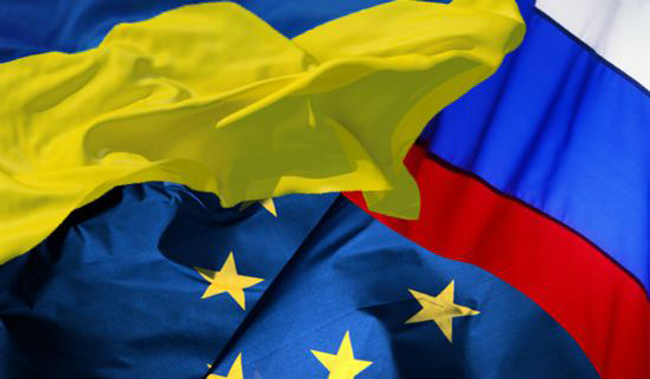
Next July the European Union will decide whether it renews its economic sanctions against Russia. The sanctions are linked to the fulfilment of the Minsk II agreement, which contemplates a ceasefire and the introduction by the Ukrainian government of a parcel of constitutional reform measures designed to guarantee the autonomy and protection of the Donetsk and Luhansk oblasts. According to Minsk II, the deadline for the so-called reforms was 31 December 2015 although, due to the treaty’s slow progress, the EU decided to extend sanctions until July 2016 –coinciding with the end of the retaliatory year-long sanctions imposed by Russia– and thus indirectly blame Russia for the deadline failure. However, since then, much has changed in Russia and little in Ukraine to justify such a policy.
Russia has gone from being a resurrected Cold War enemy to being a key partner in the resolution of the Syrian conflict. Furthermore, its economic power in the energy sector and as an importer is weighing too heavily on its most important European trade partners, such as Hungary and Italy, who have already publicly positioned themselves against further economic sanctions. Any opposition from within the European Council would halt the renewal of sanctions, since the unanimity of the EU’s 28 member states is required for approval. Russia is well aware of this and has actively encouraged the reticence of the most affected states and fostered doubts among the undecided. It has demanded that Ukraine respects the order of the agreement and thus progresses towards a political solution of the conflict as a condition for the withdrawal of Russian military support in Donbass. Ukraine, beyond the problems caused by its faltering compliance with the ceasefire conditions, is and has been a state overwhelmed by corruption, with a fragile institutional framework and unable to implement the measures required by Minsk II given the parliamentary opposition to facilitating devolution for Donetsk and Luhank and to holding local elections. However, Ukraine’s recent history suggests that the problems faced by the national government in implementing the necessary reforms are far from being an exception caused by the presence of armed conflict.
Part of the opposition to the renewal of sanctions rests on the economic effort they require and the difficulty in maintaining their effectiveness given that, with time, importers and exporters have sought alternative products and markets. The impact of the sanctions against Russia and of the Russian sanctions imposed in response is difficult to quantify as it overlapped in Russia with a depreciation of the Ruble, a decrease in oil prices and a GDP shrinkage of 3.7% in 2015. Nevertheless, the European Commission places the global effect of sanctions at -0.4% of the EU’s GDP in 2015 –a loss of €50 billion–. The effect is not uniform throughout countries or sectors (transport machinery sales fell 12% in France but 42% in Italy), which further hinders the possibility of a unanimous agreement. Overall, there is a lack of consensus for sanctions that, should they even be renewed, would undoubtedly have a slighter impact.
The doubts regarding Ukraine’s reform efforts and its adherence to Minsk II are based on the country’s endemic instability, which suggests that Kiev will be unable to approve the necessary laws before July. When it comes to corruption, Ukraine is ranked 130th out of 168 (according to Transparency International) and, in proof, the Minister of Economy, Aivaras Abromavičius, resigned in February, citing corruption and the lack of support from the Petro Poroshenko administration in countering it. The political crisis culminated in a failed no-confidence vote against Prime Minister Arseni Yatsenyuk. Such tensions are common in Ukraine: in addition to corruption, an issue to take into account is the absence of an independent judiciary and, more importantly, the existence of a weak parliament that is unable to provide checks and balances against the President’s disproportionate executive power. The fragility of the legislative branch, which blocked the proposed reform bills, derives from the numerous and incoherent coalitions formed by political parties that correspond more to cults of personality than any ideological stances. All these factors have made Ukraine an explosive political arena, dominated over the past 15 years by the same political actors and with little prospects of reform in the near future.
The end seems in sight for the economic sanctions against Russia. The lack of unanimity among the EU’s 28 member states shows that, for some European countries Russia is too important, while for others, as shown by the recent Dutch referendum, Ukraine is not a reliable EU partner –placing doubts on the reasoning behind linking Russian sanctions to the fulfilment of Minsk II–. For the EU, it seems to be the case that Russia is no longer that bad and that Ukraine is not that good, while renewing sanctions in July would simply be ugly.

